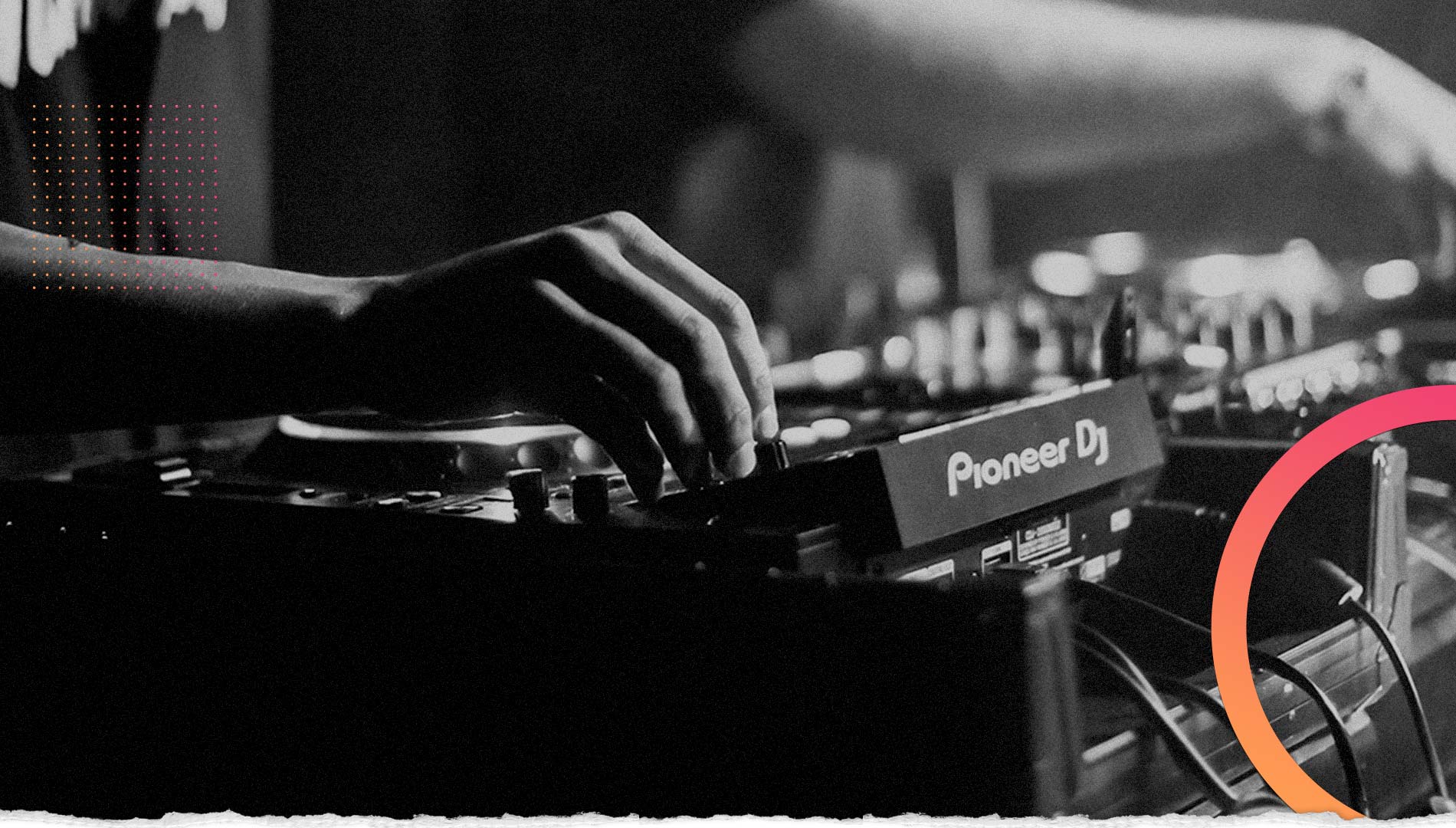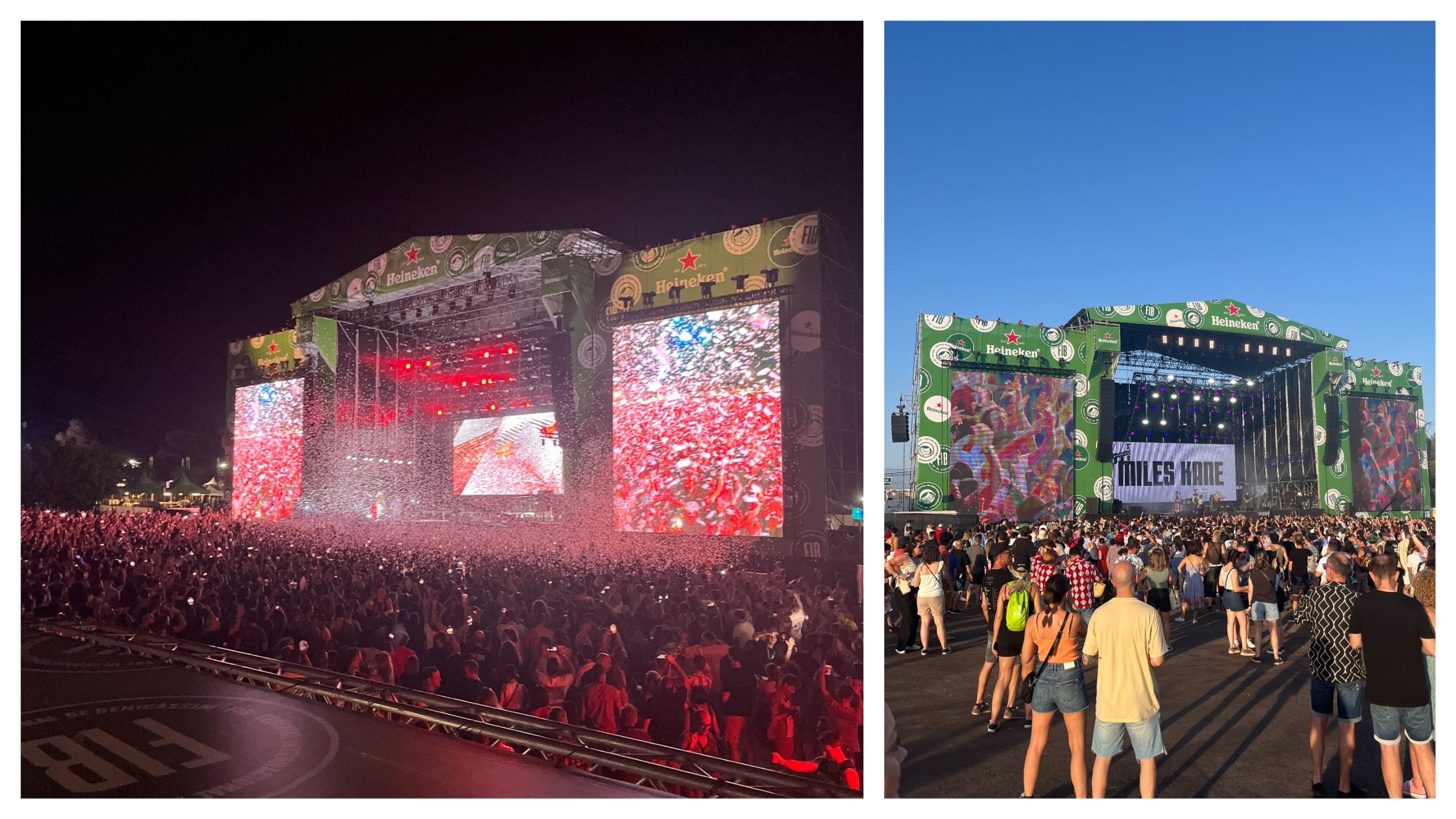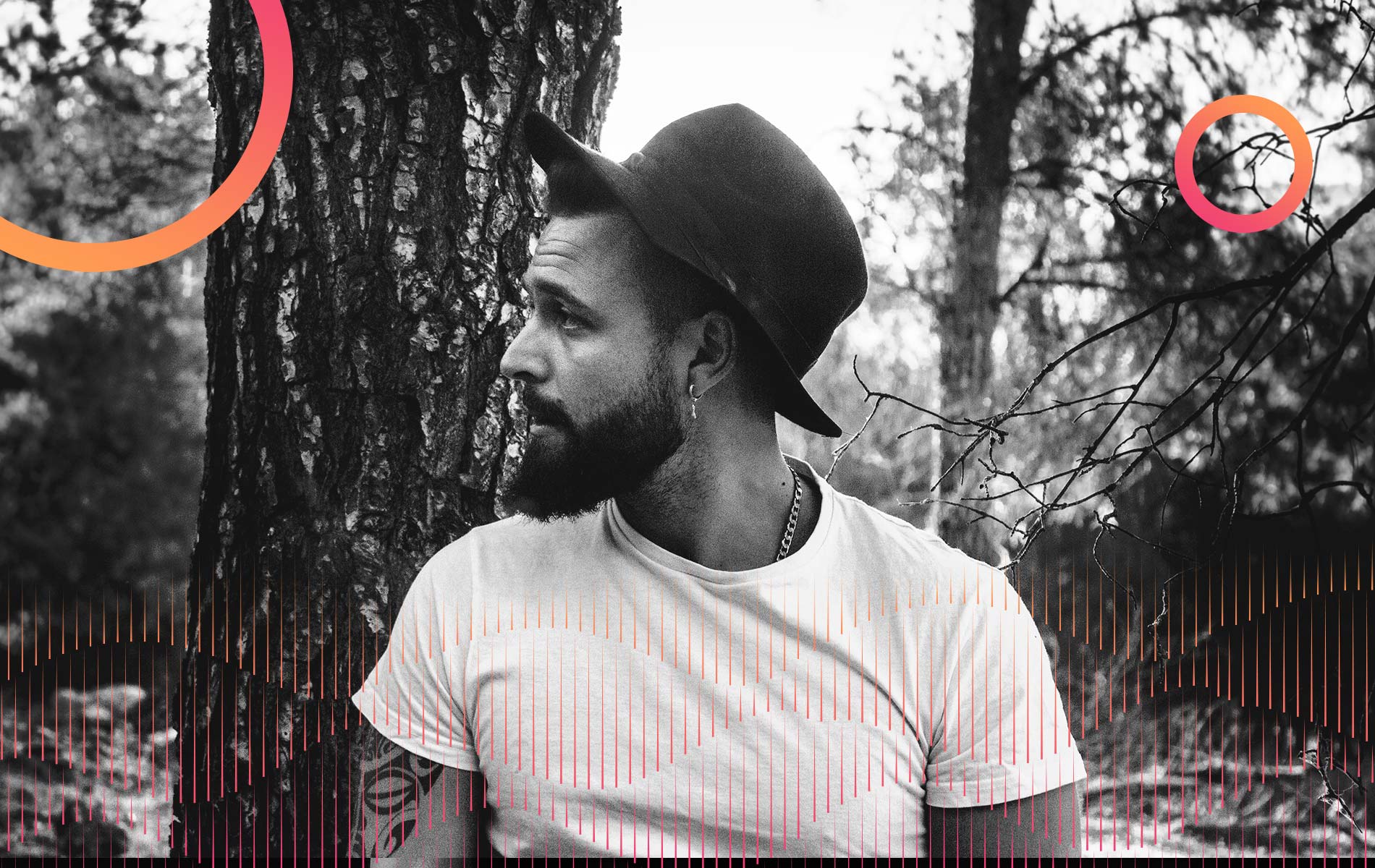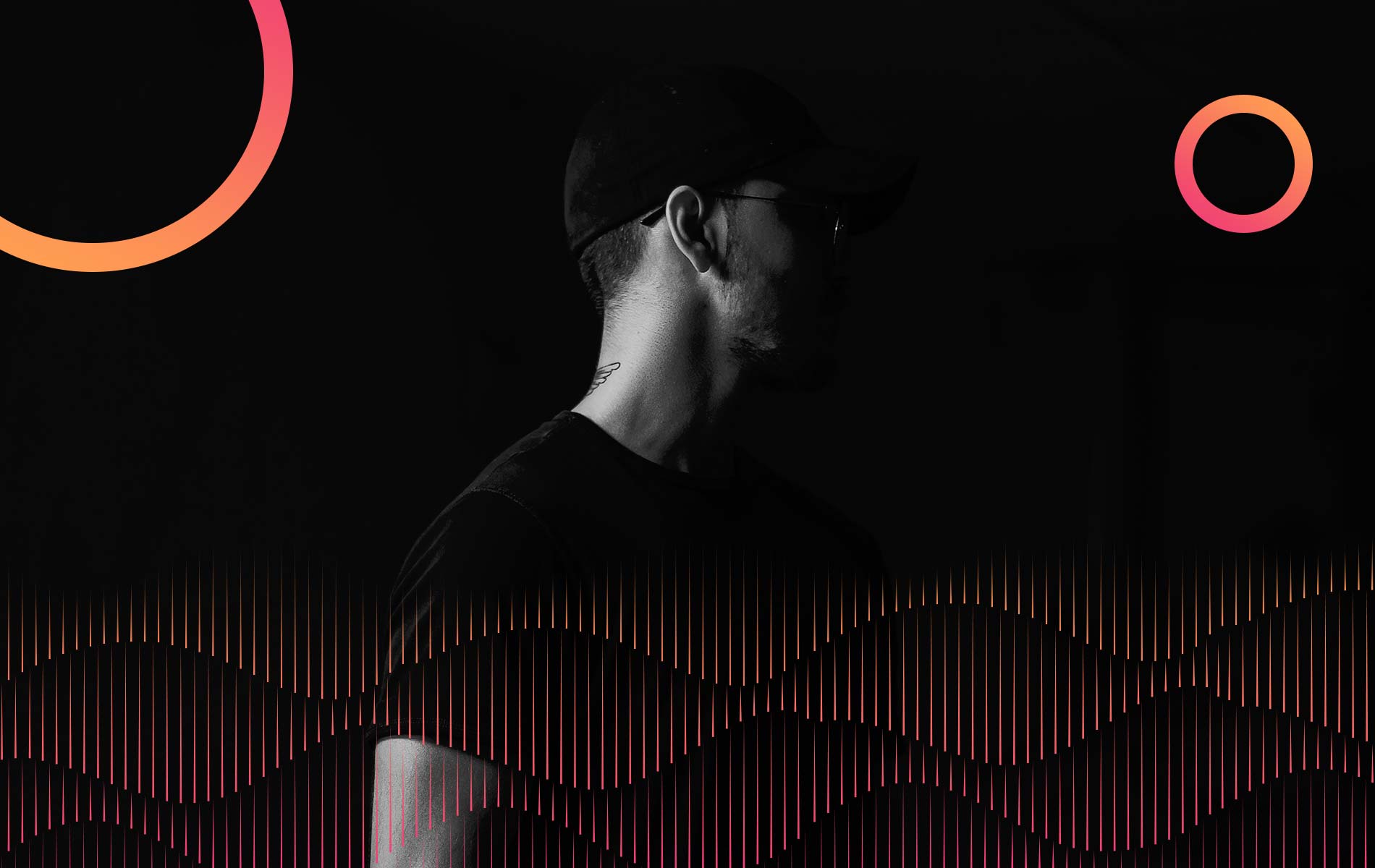Listeners:
Top listeners:
-
 play_arrow
play_arrow
Electromusic FM RADIO ONLINE 24/7
-
 play_arrow
play_arrow
London Calling Podcast Yana Bolder

I was skeptical when a friend recommended Rob Harvilla’s podcast, “60 Songs That Explain the ‘90s.” Honestly, I’d heard enough songs of the ‘90s in the ‘90s that I didn’t feel a great desire – or any desire – to revisit a decade that gave us Matchbox Twenty, Barenaked Ladies, and Limp Bizkit.
But then I got worried. Maybe the ‘90s had produced some of the grooviest, most groundbreaking songs of my lifetime, and I missed them when I smashed the OFF button as soon as “Give It Away” by Red Hot Chili Peppers, or Marcy Playground’s “Sex and Candy,” came on the radio.
So I listened and pretty quickly got hooked. The podcast is a peculiar — and peculiarly entertaining — blend of storytelling, personal history, and keen musical context. The truth is, the music of the ‘90s was all over the map — grunge, hip-hop, R&B, ska-punk — and Harvilla makes a case that much of it was good. (I’m still not buying what he’s selling on the episodes devoted to “Achy Breaky Heart” and Santana’s “Smooth.”)
Get The Big To-Do
Your guide to staying entertained, from live shows and outdoor fun to the newest in museums, movies, TV, books, dining, and more.
Produced by The Ringer, “60 Songs” was launched during the pandemic and proved popular enough that Harvilla, a longtime music critic with a solid sense of humor, has kept a rollin’ to 120 songs, where it’ll end. (Episode 109, which dropped this week, is a typically droll celebration of “I’ll Be Missing You” by Puff Daddy and the Family.) If you’re not a podcast person, “60 Songs” has just been published in book form, and to mark the occasion, we called Harvilla to talk about music.
Q. How old are you? Or how old were you in the ‘90s?
A. I’m 45. I think the whole ballgame here is that I was a teenager in the ‘90s. I was in high school, I was in college.
Q. Right. So I’m basically a decade older. Maybe that’s why I have such antipathy for music of the ‘90s. I’m not sure you’ve convinced me that I’m wrong.
A. [Laughs] I was afraid to ask.
Q. Tell me about the idea for the podcast.
A. We’d been talking about doing something that was song-based, but I wanted it to appeal not just to rock critics. I wanted to do something that was celebratory and could appeal to anyone who knows these songs at all, even if they thought they were [expletive].
Q. [Laughs] What’s the view, generally, of ‘90s music? Am I an outlier?
A. To the extent that there is one, I’d say it’s fairly positive. There’s a sort of golden-era halo around rap music from that period, but also rock music — the Nirvana of it all. The rock music of the early ‘90s is still the dominant music on modern rock radio. You turn on a modern rock radio station in Boston, you’re going to hear Pearl Jam’s “Daughter” within 15 minutes, I guarantee it. The grunge era, or alternative rock era, is the last sustained, universally-hailed rock music. How did you come to this conclusion about music of the ‘90s?
Q. Well, you talk in one of the episodes about Woodstock ‘99, and I really loathe Red Hot Chili Peppers. I detest the rap-rock thing.
A. [Laughs] I respect that. Rap-rock is the most hateable substantial sub genre to emerge from the ‘90s, and Woodstock ‘99, as both an event and an ethos, is indefensible, but that was pretty late in the decade. I think when you say ‘90s music to people, they think Nirvana or Lauryn Hill, depending on where they were genre-wise. The unavoidable fact here is that the music you love when you’re a teenager is the purest love affair you’ll ever have with anyone or anything. It took me a while to realize this. I think the songs people hate are less about the song than about their ubiquity. Like, the beef people have with the “Macarena” is not with the song, but with the fact that you’ve heard it 300,000 times.
Q. What I enjoy about the podcast, what elevates it, is the extent to which you’re a character in it — the reminiscences about riding your bike to Strawberries to buy a record or being in the car with your mom when a song comes on. That’s highly relatable.
A. That became an essential element, but I didn’t start this show thinking “I’m a really interesting person.”
Q. I’m not saying that!
A. [Laughs] It’s the same principle that applies to songwriting — the more personal it is, the more universal it is. With, say, Counting Crows, all those proper names — all the girls’ names and all the cities he’s walking through being sad. You don’t know who Elizabeth is, and you’ve never walked down Sullivan Street, but it gets you thinking about the street you did walk down and the girl or boy you were thinking about when you were walking.
Q. The “Semi-Charmed Life” episode is very funny. That’s quite an avalanche of abuse you heap on Stephan Jenkins.
A. [Laughs] Those were other people’s words, just to be clear. I was quoting other people who had personal experience with him.
Q. I also enjoyed when you called Stephen Malkmus a “sex Gumby” in the episode about “Gold Soundz.”
A. I don’t recall doing that, but I stand by that.
Q. What was the criteria for songs to make the list of 60 or, now, 120 songs?
A. It starts with a series of terrifying Google Docs. You’re staring at a spreadsheet of 200 songs that span genres and geography and the breadth of the ‘90s — 1991 and 1999 feel very different. I also reserve the right to be arbitrary. Alanis Morissette seemed like a good place to start. I just try to keep it interesting and broad and surprising.
Q. You sound genuine when you call a song “awesome,” but do you really like all this stuff?
A. As a rock critic for 20 years, I don’t think I was ever good at the uber-pan, the ultra-mean review. People who are good at that are really good at it, and I respect that immensely. But I started out from a position of meeting a song on its own terms. It’s a thrill to inhabit another headspace every week, even if I never want to go back.
Q. The “Smooth” episode was my kryptonite. There wasn’t a chance I was going to listen, but then I did, and it’s interesting. How is the book different from the podcast?
A. I have to create the connective tissue. I have to explain to people why Third Eye Blind’s “Semi-Charmed Life” and Brandy and Monica’s “The Boy Is Mine” are next to each other, or Oasis and A Tribe Called Quest. I preserve my favorite passages or moments from the episode, but make them flow together. Hopefully, you’ll end each chapter thinking, “OK, I see how these songs talk to each other. I never looked at it that way before.”
Mark Shanahan can be reached at mark.shanahan@globe.com. Follow him @MarkAShanahan.
Written by: Soft FM Radio Staff
90s celebrates music podcast Ringers Song
Similar posts
Electro Music Newsletter
Don't miss a beat
Sign up for the latest electronic news and special deals
EMAIL ADDRESS*
By signing up, you understand and agree that your data will be collected and used subject to our Privacy Policy and Terms of Use.
Podcast episodes
 Invalid license, for more info click here
Invalid license, for more info click here
Copy rights Soft FM Radio.




